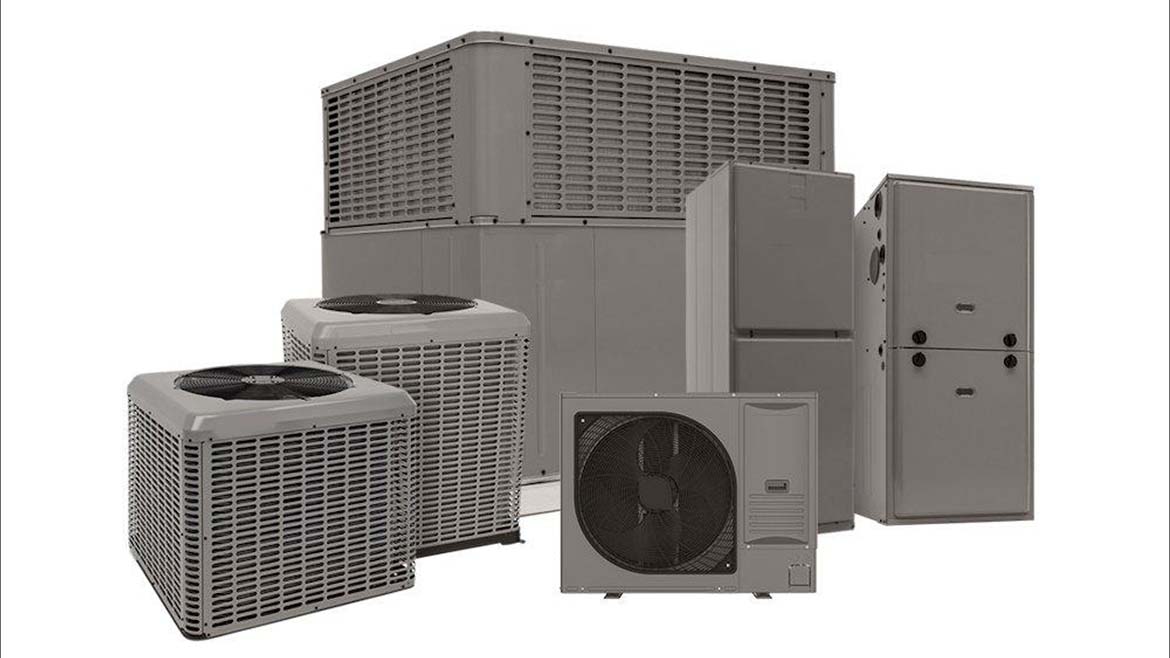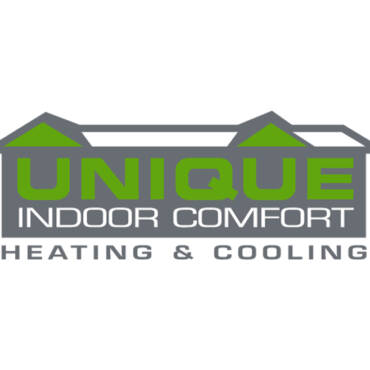The data center market has grown greatly in the last few years, and a slowdown does not seem to be on the horizon. How can HVAC contractors make the most of this trend?
The ACHR NEWS sat down with Sean Crain, consulting engineer account executive at Johnson Controls, to find out.
ACHR NEWS: Please give us a lay of the land in regard to the HVAC data center market.
Crain: There’s been an explosion in the data center industry in the last three to five years, almost exponential growth. We saw a massive leap in demand right on the heels of the COVID-19 pandemic. I would say late in 2021 is really when things started to take off. This expansion was driven by people working from home, going to school from home, and the cloud-based activity increasing significantly. The way we lived was changing in North America and globally.
There is definitely a reaction to that shift in the form of heavy funding in the data center vertical market. We saw a significant uptick in demand from colocation providers.
ACHR NEWS: So, what are colocation providers?
Crain: There are many different types of data center providers, but two of the largest are hyperscale and colocation. Hyperscalers are the big web giants. Think companies like Microsoft, Amazon, and Google. Those types of organizations typically build facilities for their own use. They are utilizing cloud storage for themselves or their direct customers.
The other major style of data centers are colocation providers. They build and sometimes operate a facility for a third-party tenant. They typically put service level agreements in place with their tenants that guarantee some level of uptime and operating condition for the server space. Then these tenants rent some amount of IT space within the data hall to utilize. We’ve seen an expansion in both data center styles over the past few years.
ACHR NEWS: What kind of HVAC technology are we talking about in these data centers?
Crain: Cooling demands have shifted significantly over that same time period. Historically, many data center designs utilized things like evaporative cooling or DX direct refrigerant cooling. These types of designs are typically considered “packaged” or “modular” and were easily deployed at scale to multiple facility designs.
There’s been a big shift over the last few years towards chilled water systems. That’s where HVAC-applied equipment manufacturers have really seen an increase in demand. Johnson Controls has invested heavily in this space to help support the increase in demand for chilled water systems, both air and water-cooled.
We hear AI used as a buzzword constantly, but it is still unclear how those systems will be supported at scale. From a data center standpoint, AI applications typically require a different set of design considerations when compared to a cloud-based computing facility.
AI applications typically require denser IT infrastructure, which requires manufacturers to continue to push the envelope on product development and innovation.
ACHR NEWS: What was the reason for the pivot in technology?
Crain: I think a lot of it had to do with the scale. A big facility three to five years ago might have been a 12-megawatt build. Now we’re seeing 250+ megawatt builds everywhere. The expansion and the requirements of the actual facility have changed but also, the design methodology is significantly different.
I think a lot of the sites that were utilizing the evaporative cooling and DX-type systems for cooling within the data center are hitting their useful life. There is replacement activity happening throughout the industry. This activity is coinciding with this construction boom that we’ve been seeing. There was a mindset shift around what the useful life of this mechanical cooling equipment looks like, which led data center providers to look at some more applied equipment type options.
ACHR NEWS: How about HVAC contractors that see that as a good market but are a bit nervous about the low margin of error? What would you say to them?
Crain: Contractors should not be apprehensive about entering the data center market but should certainly be aware of the requirements to participate. There has been an expansion as far as the level of activity, but it still has the feel of a relatively tight-knit market.
A lot of individuals have been working in this space for most of their careers and know each other well. Word travels fast. Contractors who have had success are contractors who have been doing this for a while. When new contractors want to step into this vertical market, they definitely need to be prepared for a change of pace and expectations from a customer standpoint.
ACHR NEWS: How do contractors get trained on this type of work?
Crain: From an installation standpoint, it’s very common practice for us to do installation training on all of our equipment. From an HVAC equipment standpoint, contractors know how to install our equipment. It is not overly complex. The contractors are, in my experience, a lot more flexible and able to adapt to changing technologies,
ACHR NEWS: Is there more work than HVAC contractors who do this type of work or vice versa?
Crain: There are certainly more jobs to be done than HVAC contractors doing this work. The labor shortage is something contractors are aware of and we see a lot of those same pressures in the data center industry, especially skilled mechanical and electrical labor. We can’t get enough of those people to come over into the industry.
I think there’s an apprehension within the trades to a certain extent, to not step into data centers because of the mission-critical aspect. As the opportunities continue to expound, more and more contractors are going to have an opportunity to step in.
It’s going to be up to the specific contractors to figure out what that labor spin-up looks like. But right now, we cannot have enough help. We’re struggling to get the right people trained and up to speed from manufacturing, through installation and commissioning, and to operation and maintenance.
There is a lot of the discussion and focus in the industry on how we go out to the trade labor space and get contractors up to speed on the expectations of the data center industry and get them excited about working on data center projects.
ACHR NEWS: Anything contractors really need to think about when reviewing the data center market?
Crain: I’d say specifically for contractors, there’s an opportunity to align a little bit better with their OEM partners. Where we’re at in the industry, because of the expansion, there’s so much activity happening with owner direct, or Owner Furnished Contractor Installed (OFCI) procurement. There are agreements being put in place to align certain owners with different manufacturers as part of the vertical supply chain integration model that is happening in the data center industry.
Right now, the contractor is brought in at the start of construction, which means they’re sometimes already behind, because a lot of the design conversations have already happened and equipment has typically already been purchased. They are already operating with less information than they are accustomed to from day one.
For this reason, there’s an opportunity for contractors to align themselves with manufacturers. Take a market like Northern California, for example. If a contractor is looking to step into the data center market, they may want to align themselves with a couple different OEMs that are already operating in that region to understand how you can be brought to the table as a contractor to be an effective part of the team.
I think one item HVAC contractors will need to figure out is the national landscape of the expansion of this market. Many data center providers are operating with a national or global footprint, which means their partners need to be doing the same. Smaller, locally managed contractors are immediately at a disadvantage because of this and need to be creative in how they can potentially support large-scale construction.
Whether you require installation, repair, or maintenance, our technicians will assist you with top-quality service at any time of the day or night. Take comfort in knowing your indoor air quality is the best it can be with MOE heating & cooling services Ontario's solution for heating, air conditioning, and ventilation that’s cooler than the rest.
Contact us to schedule a visit. Our qualified team of technicians, are always ready to help you and guide you for heating and cooling issues. Weather you want to replace an old furnace or install a brand new air conditioner, we are here to help you. Our main office is at Kitchener but we can service most of Ontario's cities
Source link



Add Comment